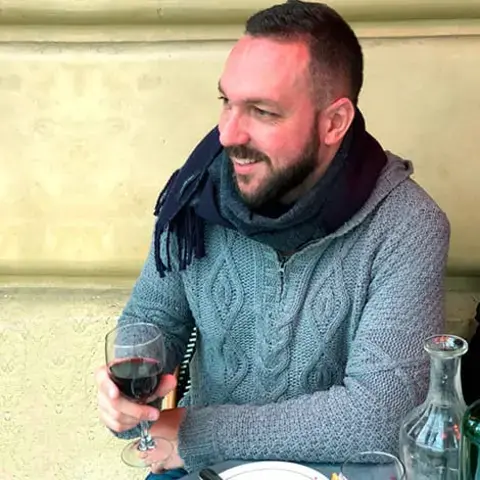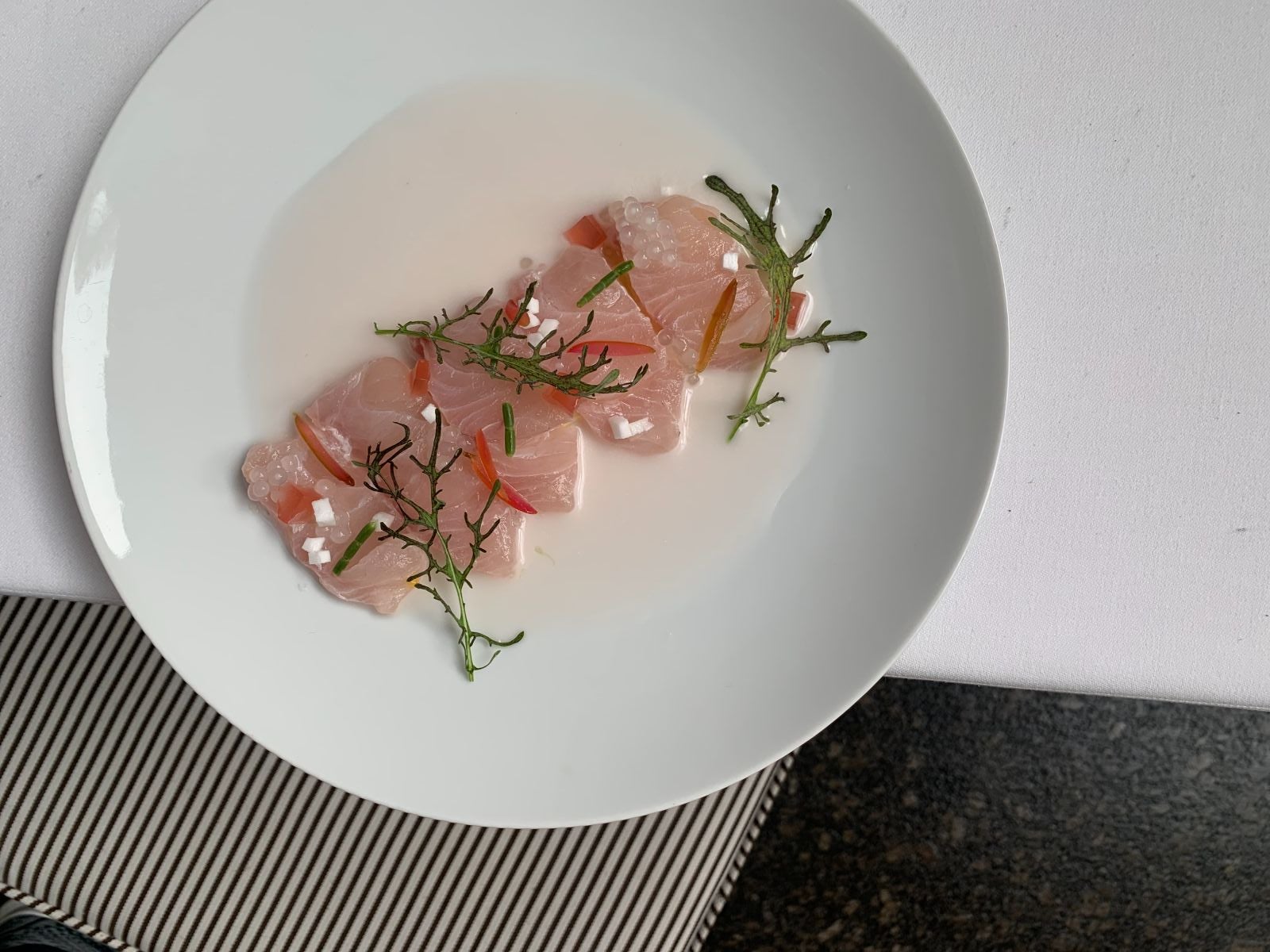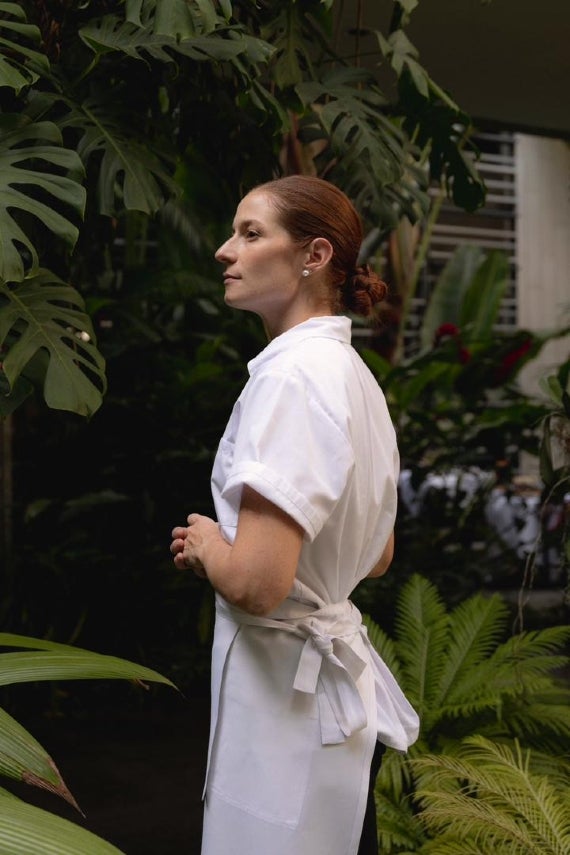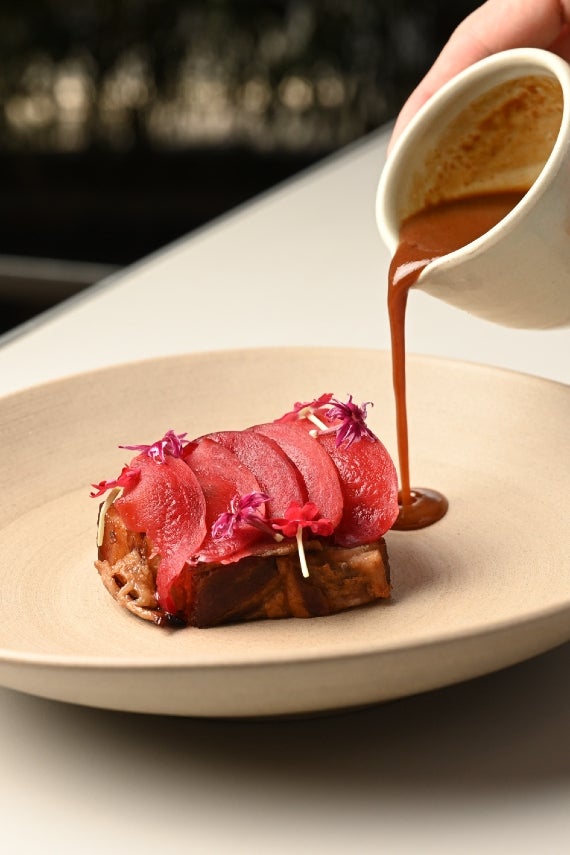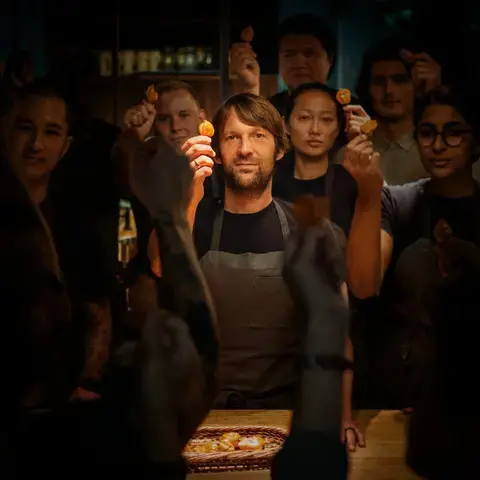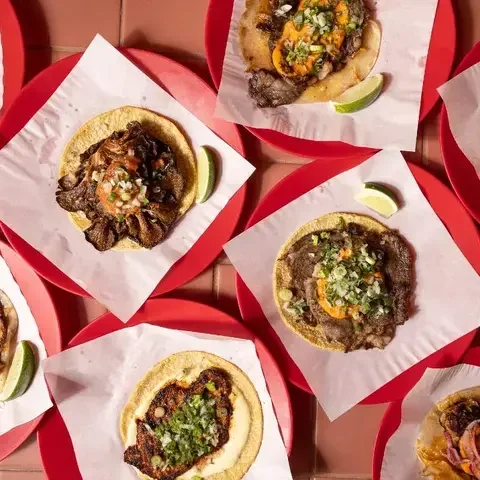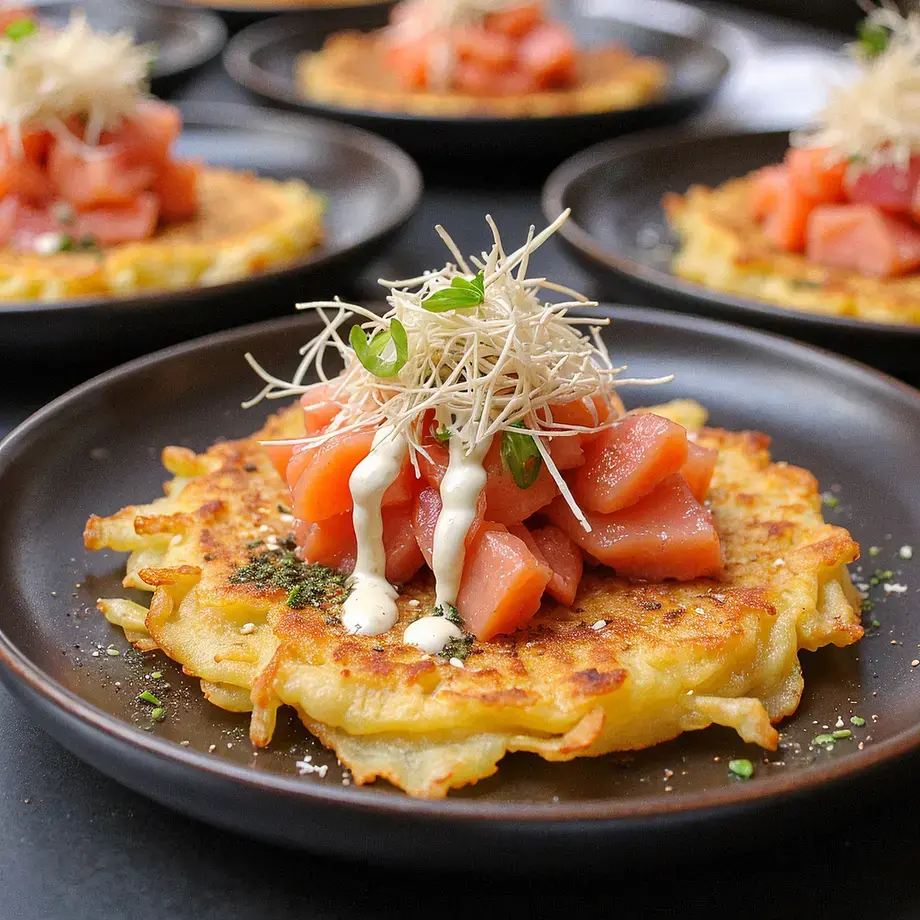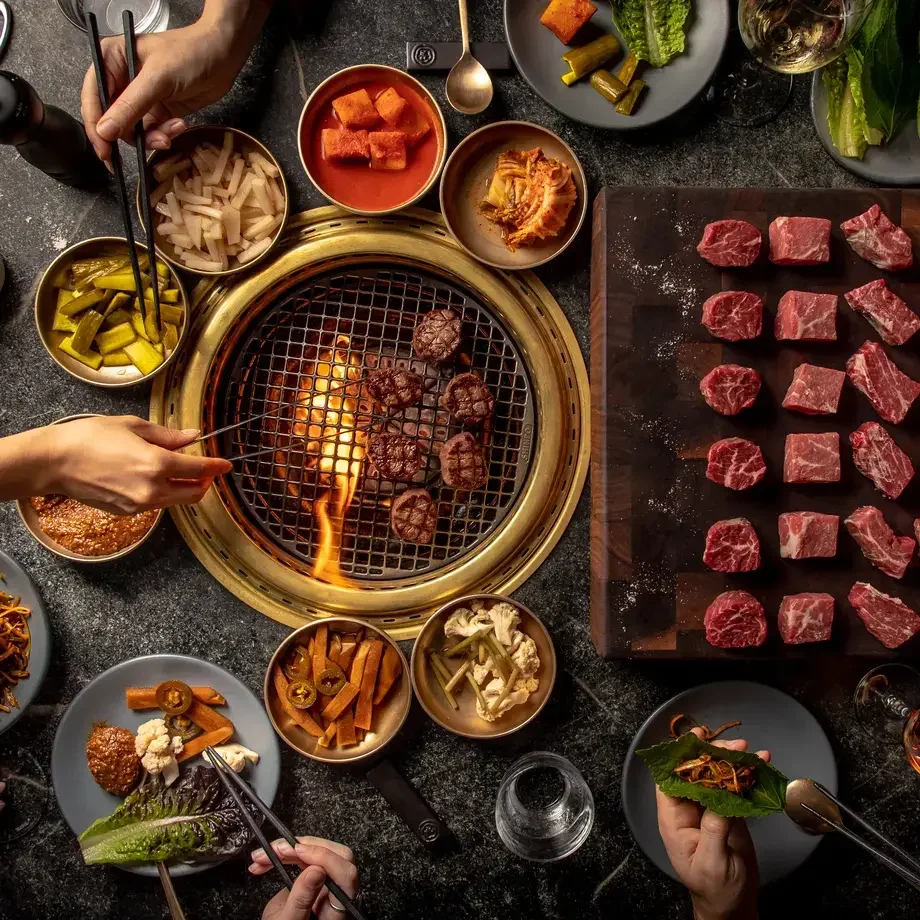“This is like Narnia, a surreal land where everything is possible,” says food writer Lígia Velasquez. Sipping a Venezuelan sparkling wine while sitting at a round table covered with a white linen tablecloth at the Sereno restaurant, in Caracas’ wealthy Altamira neighbourhood, she is using the metaphor of the fictional world created by writer C. S. Lewis to explain the moment her home country is going through. “It takes a bit of fantasy to understand what is happening in Venezuela today,” she continues.
After years of extreme scarcity, some Venezuelans now lead lives of luxury in a country with one of the highest rates of inequality in the world. Imported cars, the latest models, speed through the streets of the capital, while shopping malls are packed with consumers. A new wave of restaurants offers the opportunity for well-off diners to go out to enjoy a meal.
The current restaurant scene in Caracas exemplifies this complex reality, with pockets of wealth increasing and the return of some national pride. After corruption and mismanagement destroyed the Venezuelan economy, leading to a deep humanitarian crisis (more than 6.8 million Venezuelans have left since 2015, according to the United Nations), the country seems to be recovering economically. The US has scaled back oil sanctions, everyday products are readily available, and poverty is down (today, half of the nation lives in poverty, down from 65% in 2021).

